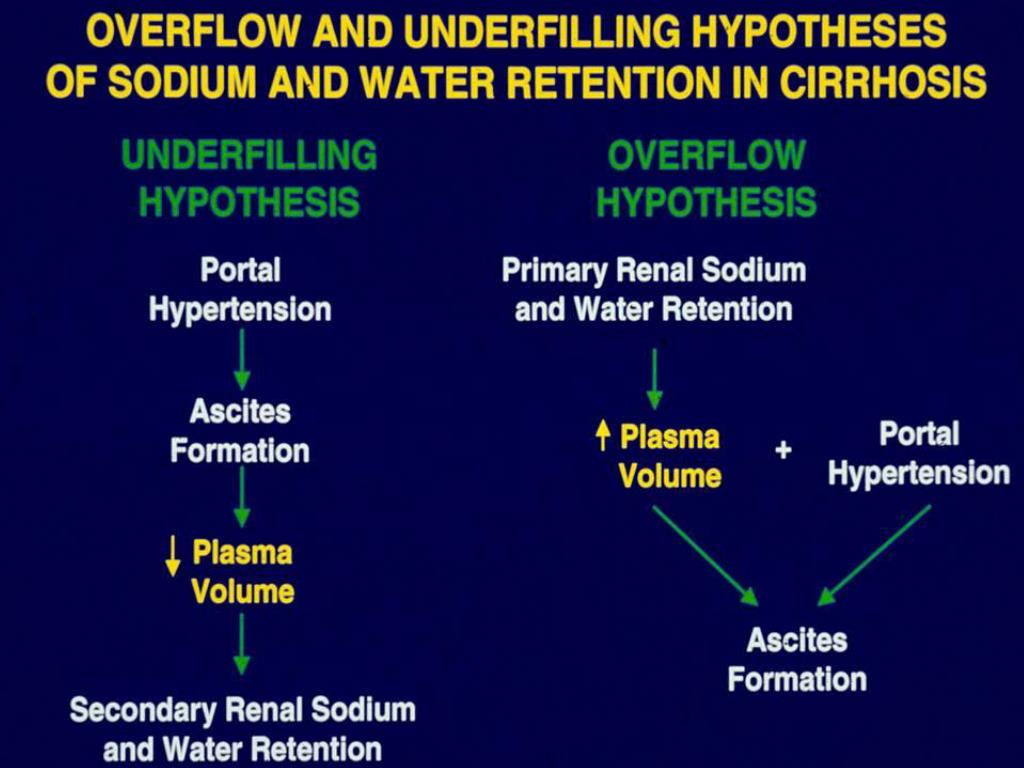

Treatment will depend on the type of heart failure a person has.

Echocardiogram : This ultrasound provides images of the heart’s size and allows doctors to see how well it is functioning in pumping blood.ĭecompensated heart failure treatment helps stabilize symptoms and protect kidney function.The AHA points out that ECGs can indicate if someone has had a heart attack or is experiencing arrhythmias. Electrocardiogram (ECG): This test measures the heart’s electrical activity and frequency of beats.It can also show if there is heart enlargement. Chest X-ray : A chest X-ray showing fluid in the lungs may be a sign of heart failure.The following tests can also help determine if a person has heart failure: Learn more about 6 of the best pulse oximeters. Having a pulse oximeter may benefit those with any of the following conditions: If oxygen saturations are below 85–94%, individuals may need oxygen supplementation. This test helps them check how well body organs receive blood from the heart.
#Fluid retention congestive heart failure professional#
having obesity, high blood pressure, or diabetesĪ healthcare professional can use a pulse oximeter to measure blood oxygen levels. having a family history of heart failure. age, as heart failure mainly occurs in older adults. Some factors may increase a person’s risk of developing heart failure, such as: It can cause fatigue, low blood pressure, ankle swelling, or palpitations. Pregnancy: Peripartum cardiomyopathy is a rare form of heart failure that develops during the last few months of pregnancy. The NHLBI states arrhythmias can be serious without treatment and may cause heart failure, stroke, or cardiac arrest. Symptoms may include lightheadedness, sweating, or chest pain. Arrhythmia: An arrhythmia is an issue with the heartbeat where it is irregular, fast, or slow. The CDC suggest that lowering blood pressure can help reduce the chance of experiencing a heart attack or stroke. Salt consumption: A 2020 article states that following a diet high in salt may raise blood pressure levels, putting more strain on the heart. This helps avoid extra fluid ending up in the blood and making it difficult for the heart to pump. High water intake: Medical professionals may recommend limiting fluid intake if a person has heart failure. The following factors may worsen preexisting heart failure: atrial fibrillation, a type of irregular heart rhythm. cardiomyopathy, a condition that involves a weakened heart muscle. Some conditions that may lead to heart failure include: Learn more about heart disease types, causes, and symptoms here. Symptoms can occur gradually or suddenly, meaning people may need additional or immediate treatment. Decompensated chronic heart failureĭecompensated chronic heart failure affects individuals who already have a diagnosis of heart failure. The 2013 article suggests that acute decompensated heart failure generally causes pulmonary congestion but does not usually affect blood volume. Mitral valve prolapse is a structural change in the heart’s mitral valve. A hypertensive crisis occurs when an individual’s blood pressure reaches an unusually high level. It can develop in those who have experienced a heart attack, hypertensive crisis, or mitral valve prolapse. A 2015 article states that this type of heart failure has a high mortality rate and requires frequent hospitalizations. Share on Pinterest PeopleImages/Getty ImagesĪccording to an older article from 2013, there are two types of decompensated heart failure: Acute decompensated heart failureĪcute decompensated heart failure is the most common form of acute heart failure and occurs in people with no previous heart failure symptoms.






 0 kommentar(er)
0 kommentar(er)
